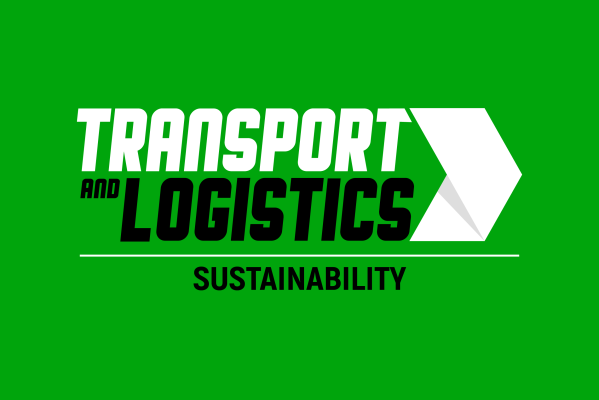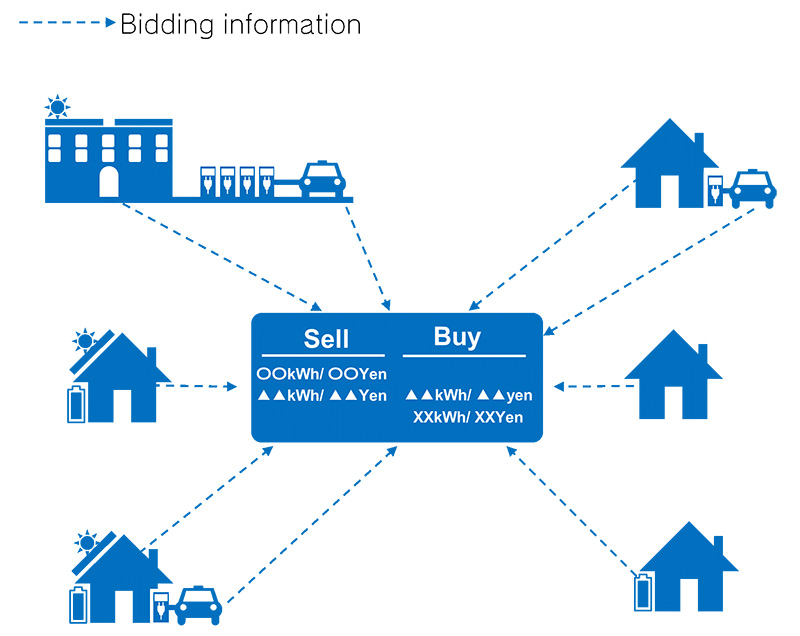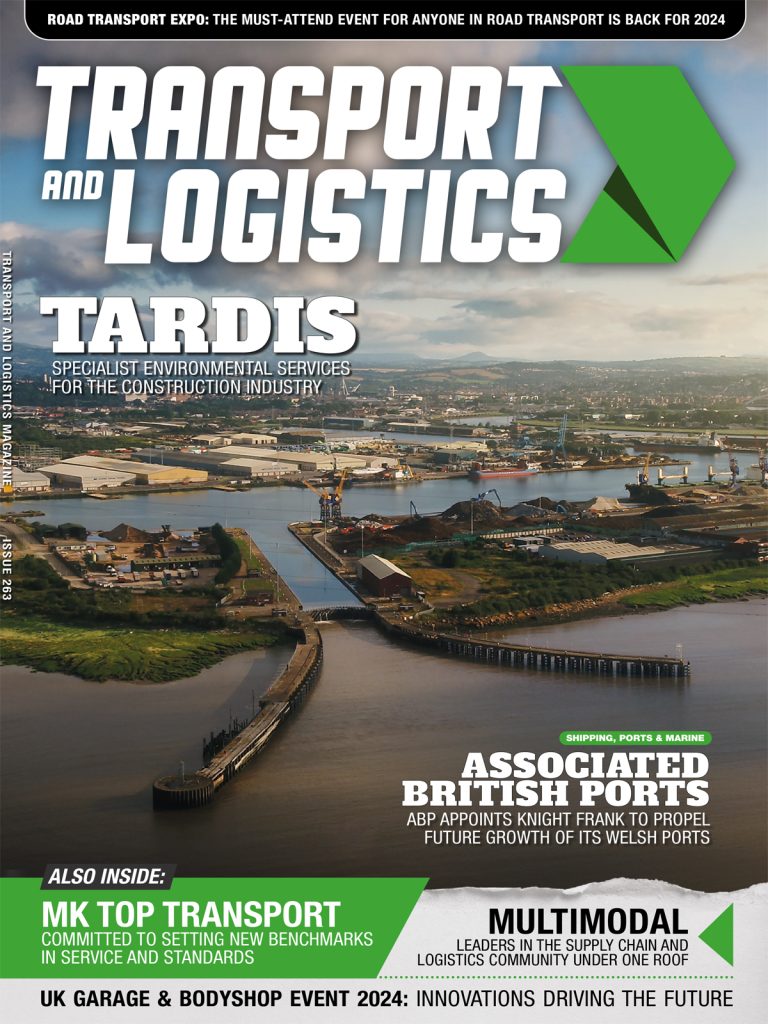The University of Tokyo, Toyota Motor Corporation and TRENDE Inc are to conduct joint testing of a next-generation electricity system (P2P – peer-to-peer – electricity transactions) that enables homes, businesses and electrified vehicles connected to the power grid to trade electricity using blockchain. The test programme will begin on 17 June at Toyota’s Higashifuji Technical Center and the surrounding area in Japan.
As distributed power supplies such as solar panels, secondary batteries and electrified vehicles become more widespread, Japan’s electricity supply has entered a transitional phase, shifting from a traditional, large-scale, consolidated system to a distributed system in which individuals and businesses own their own power supply.
The objective of the new test is to verify the economic advantage of having “prosumers” – electricity consumers who are also energy producers using self-owned generating equipment, and who trade electricity with consumers via an exchange market, at prices that reflect supply and demand conditions. It will also assess the feasibility of a two-way, self-autonomous electricity supply system that allows direct trading with other prosumers.
Specific steps will include setting up an electricity exchange that can be accessed by households and businesses participating in the test, and the installation of an AI-powered electricity management system – an electricity trading agent – that enables direct trading with other prosumers.
The agent places orders to buy and sell electricity according to power consumption and forecasts of the electricity that will be generated by households’ and businesses’ solar panels. Transactions between individuals take place using a defined algorithm that matches buy and sell orders collected in the exchange from each household and business.
This the world’s first test of electricity trading between individuals that incorporates plug-in hybrid vehicles (PHEVs) as a distributed power supply, in addition to solar panels and secondary batteries. The test aims to verify the economic advantage of having consumers and prosumers trade electricity through market transactions. It will also simulate electricity consignment fees based on distance, and verify an algorithm for predicting the electricity demand of electrified vehicles, which have varying consumption levels depending on their cruising range.














